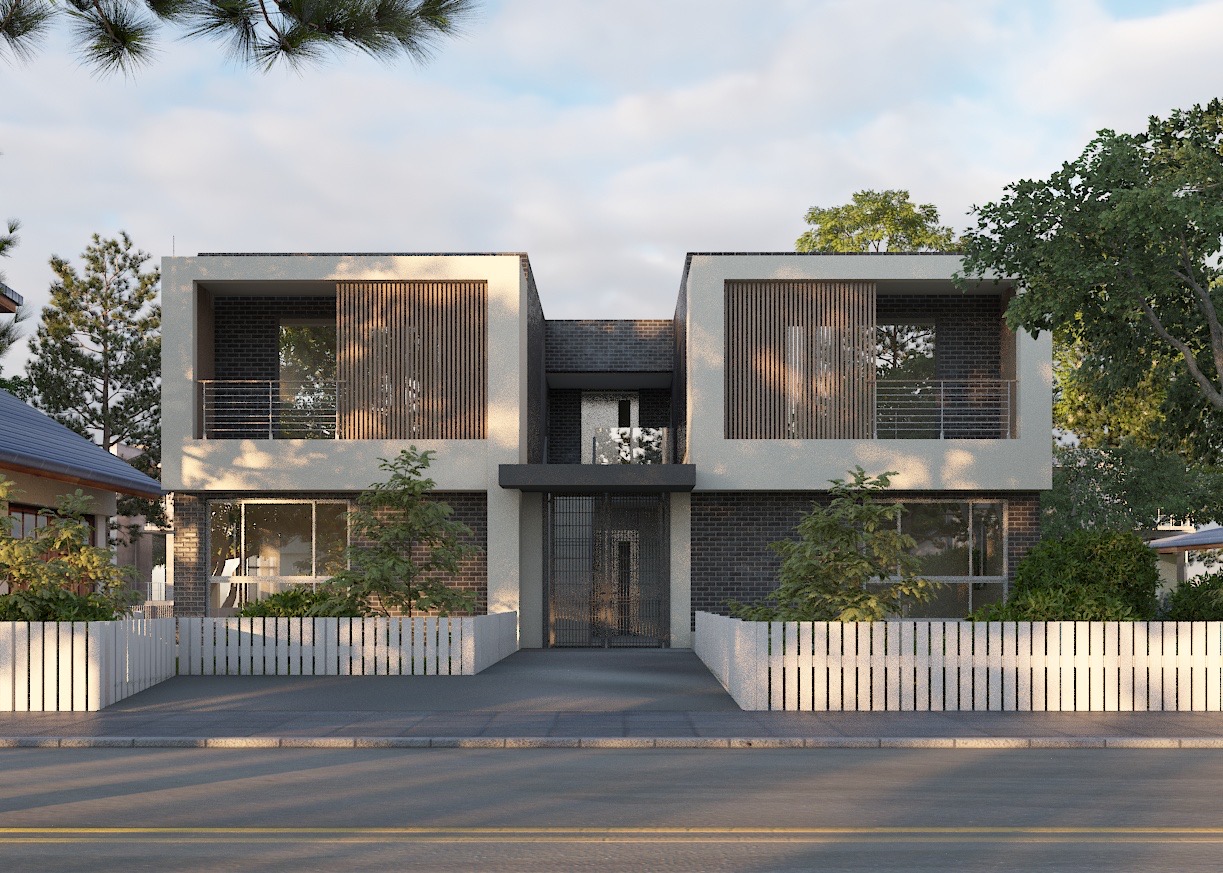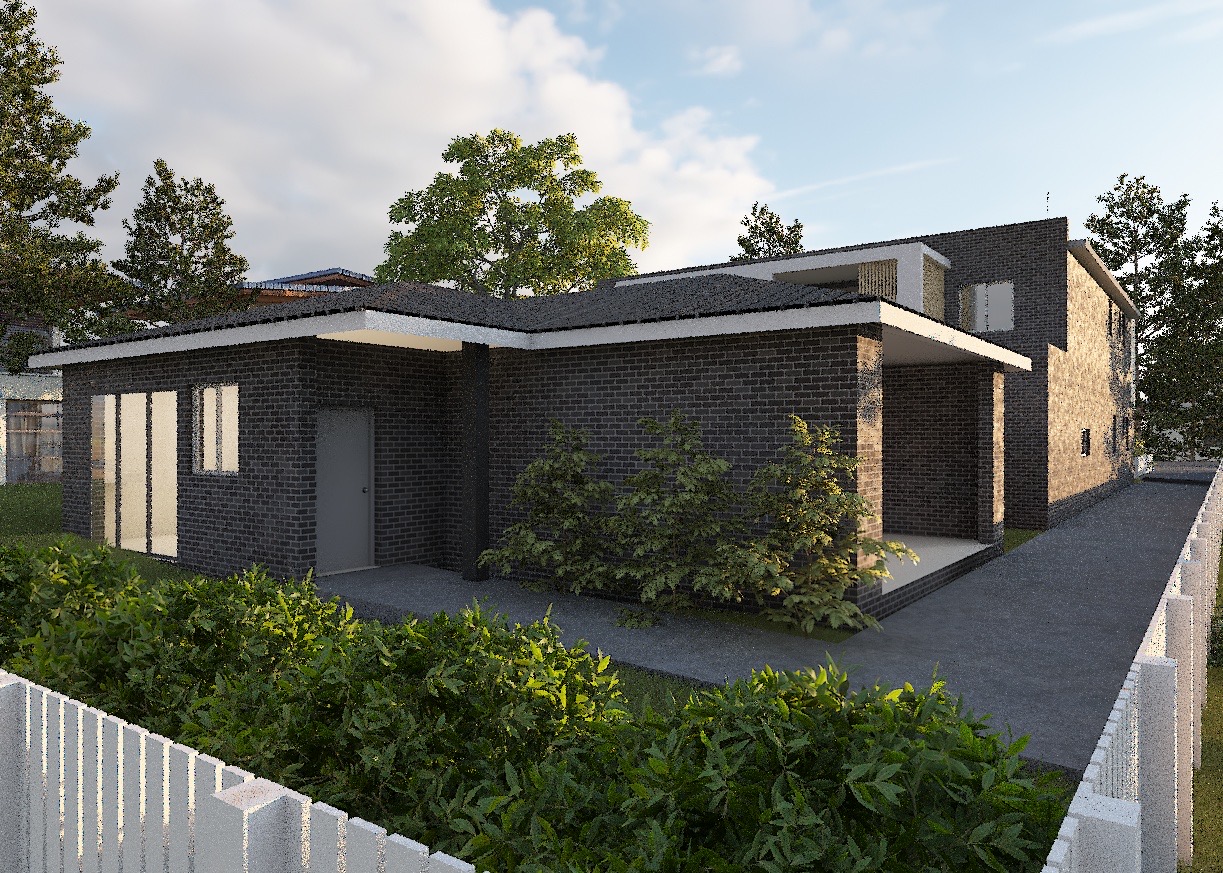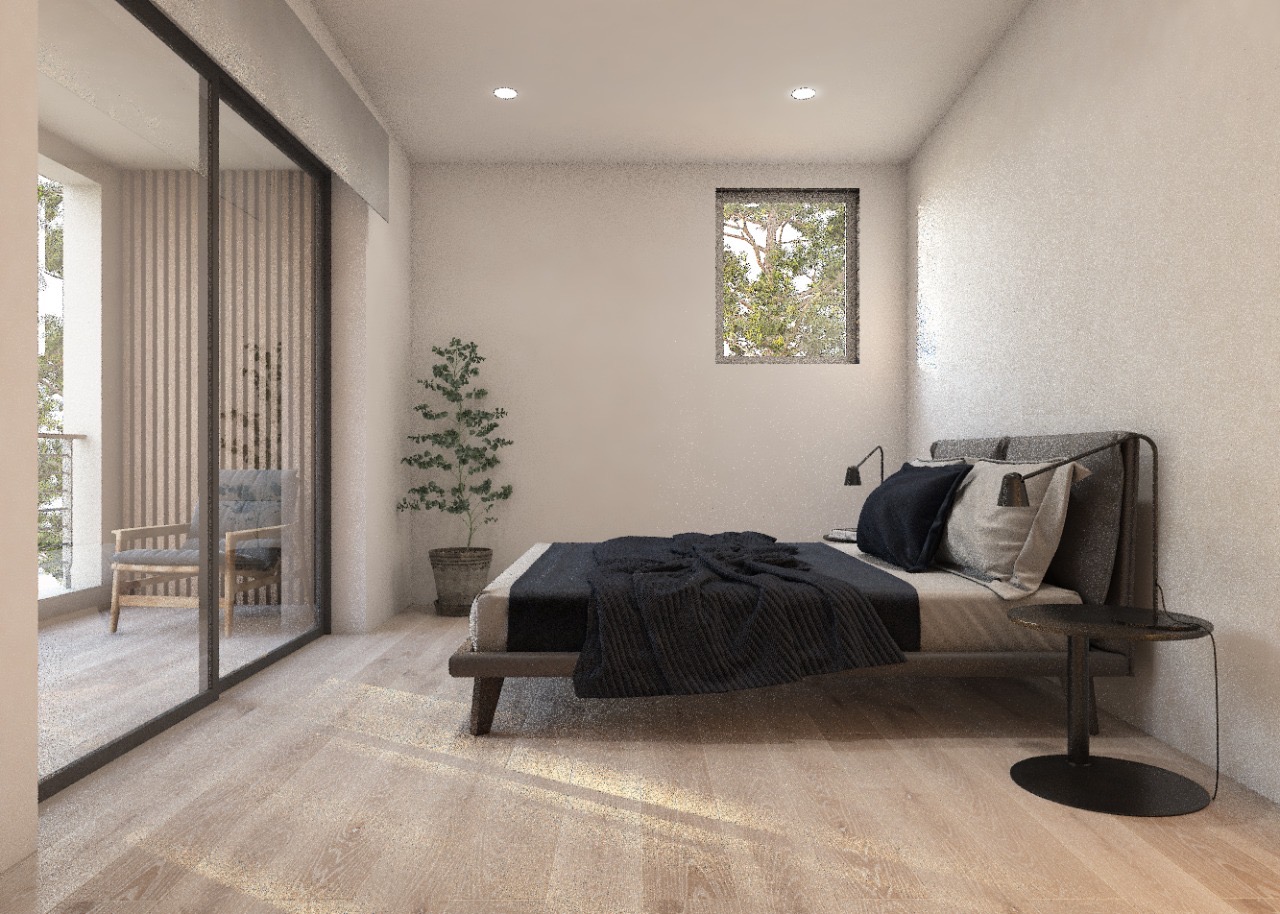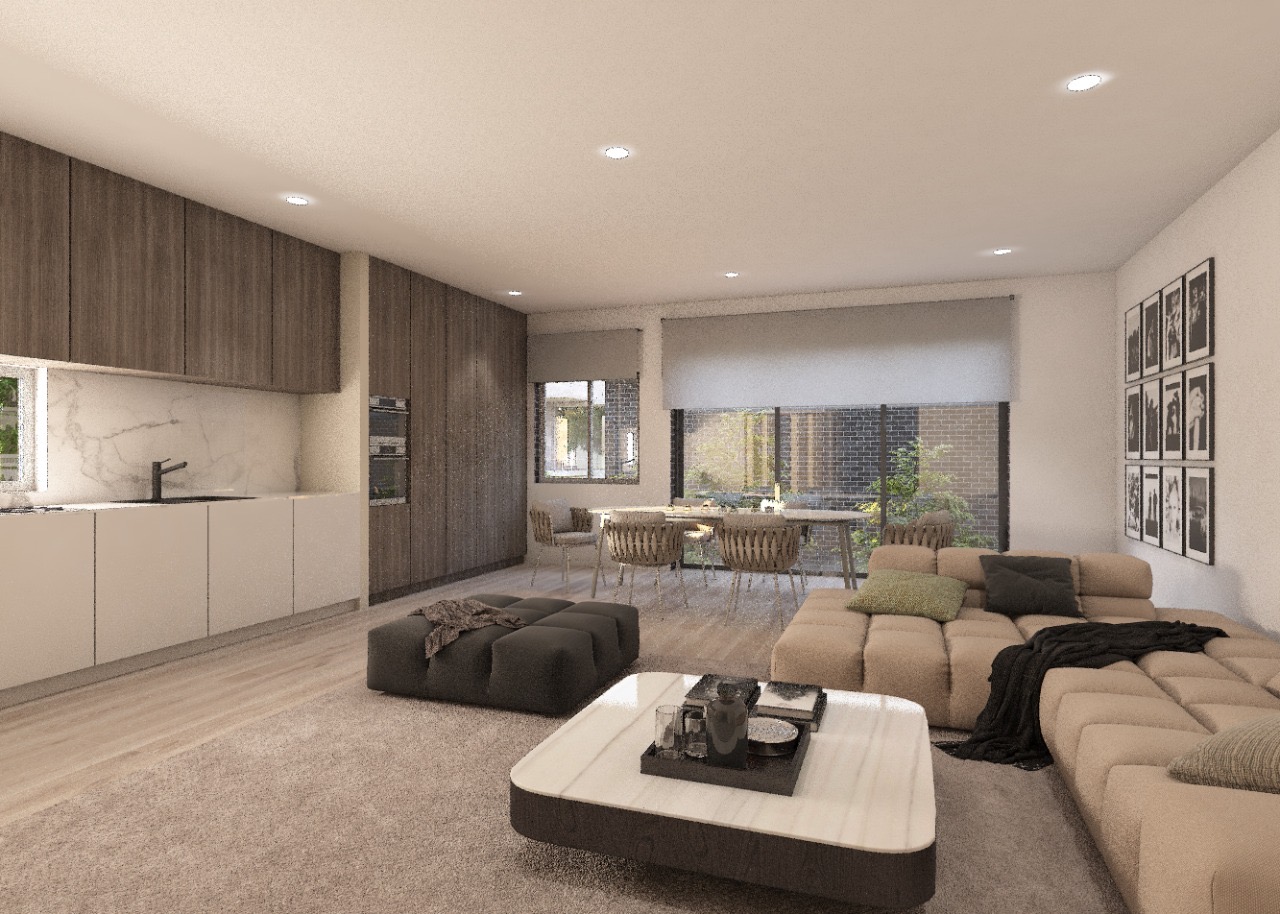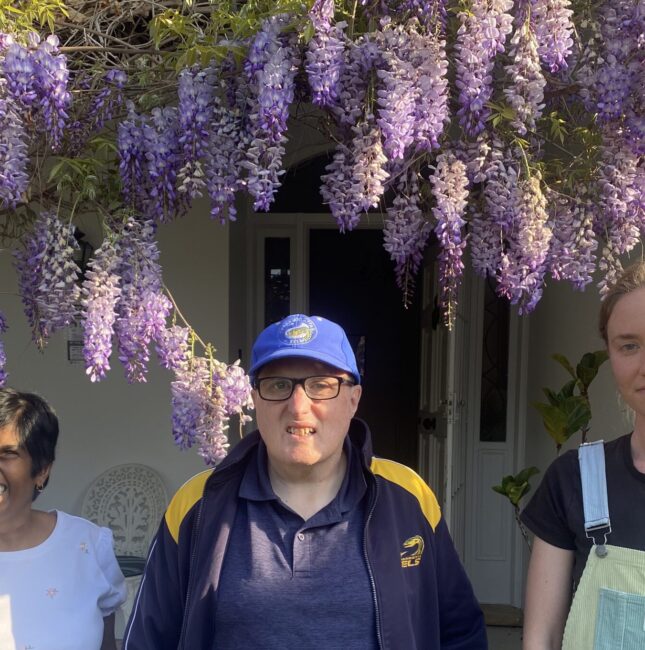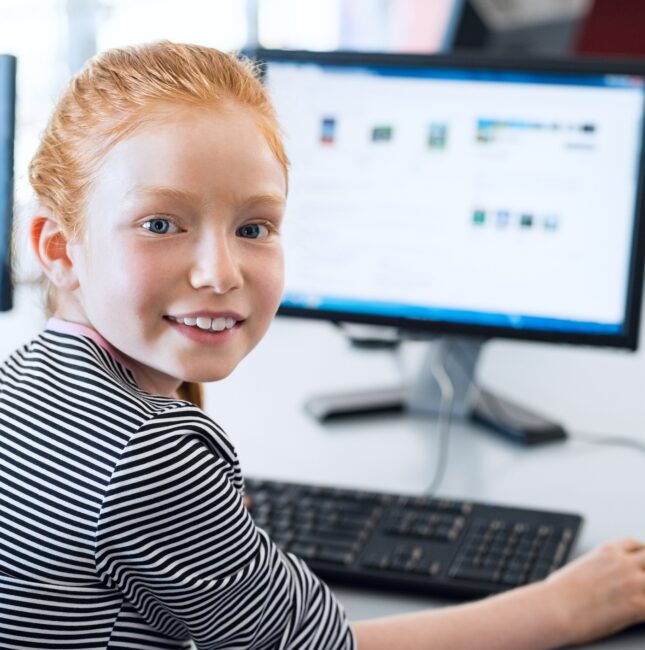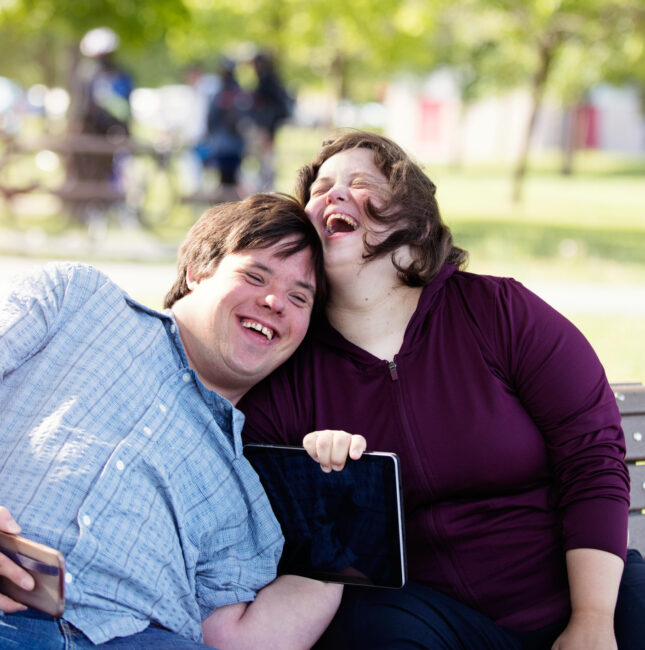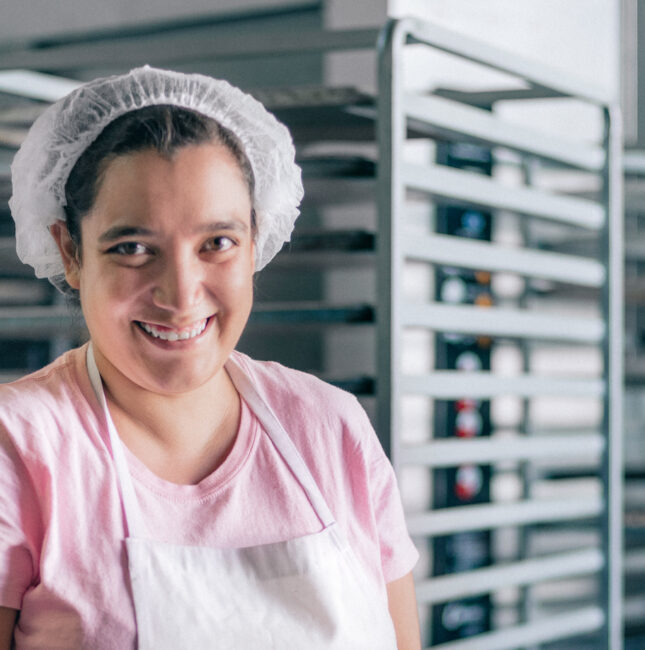This brand new property (due for completion in May 2024) offers 4 two bedroom apartments spread across two dwellings. Each unit features two bedrooms which share a spacious communal kitchen and dining area, living and media spaces, luxury bathrooms, shared laundry and a lovely alfresco area.
This home has been purposely designed with residents in mind, offering functionality, accessibility and durability, catering for comfort and the highest support needs.
We are located within minutes of Wyoming Shopping Village and the Gosford CBD, public transport, Central Coast Stadium & Gosford Hospital.
This is a high physical support property including specialised design and physical access such as ceiling hoists, assistive and communication technologies, and emergency power solutions.
REGISTER YOUR INTEREST NOW
4 two bedroom apartments
-
2
-
1
-
-
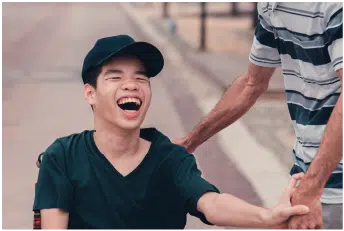
Our experienced staff provide residents with 24/7 support
This property will be completed by April. Register your interest now!
Latest NDIS & SUPPORTED INDEPENDENT LIVING news
Mark has greater control
It's been a year of change and growth for Mark, who is a proud resident of CatholicCare’s newly established Supported Independent Living house in Wahroonga. Upon being asked what he most enjoys about living at Kokoda House, Mark says, “everything!”
Read MoreLet’s talk about invisible disabilities
When you think of the word, ‘disability’ what do you see? Perhaps you envision someone in a wheelchair, or a person walking with a cane. The reality is that for 90% of people living with a disability in Australia, their disability is invisible.
Read MoreNDIS support changes everything for the Mockler family
Four years ago, life looked very different for the Mockler household. Without support via the National Disability Insurance Scheme (NDIS) they were managing, but only just.
Read MoreMaking the world better and fairer for those living with disability #IDPWD23
1 in 6 Australians are living with a disability - that’s 4.4 million people. Disability can be related to genetic disorders, illnesses, accidents, ageing, injuries or a combination of these factors. In recent years there has been an increase in the number of people for whom their main form of disability is mental or behavioural.
Read More

